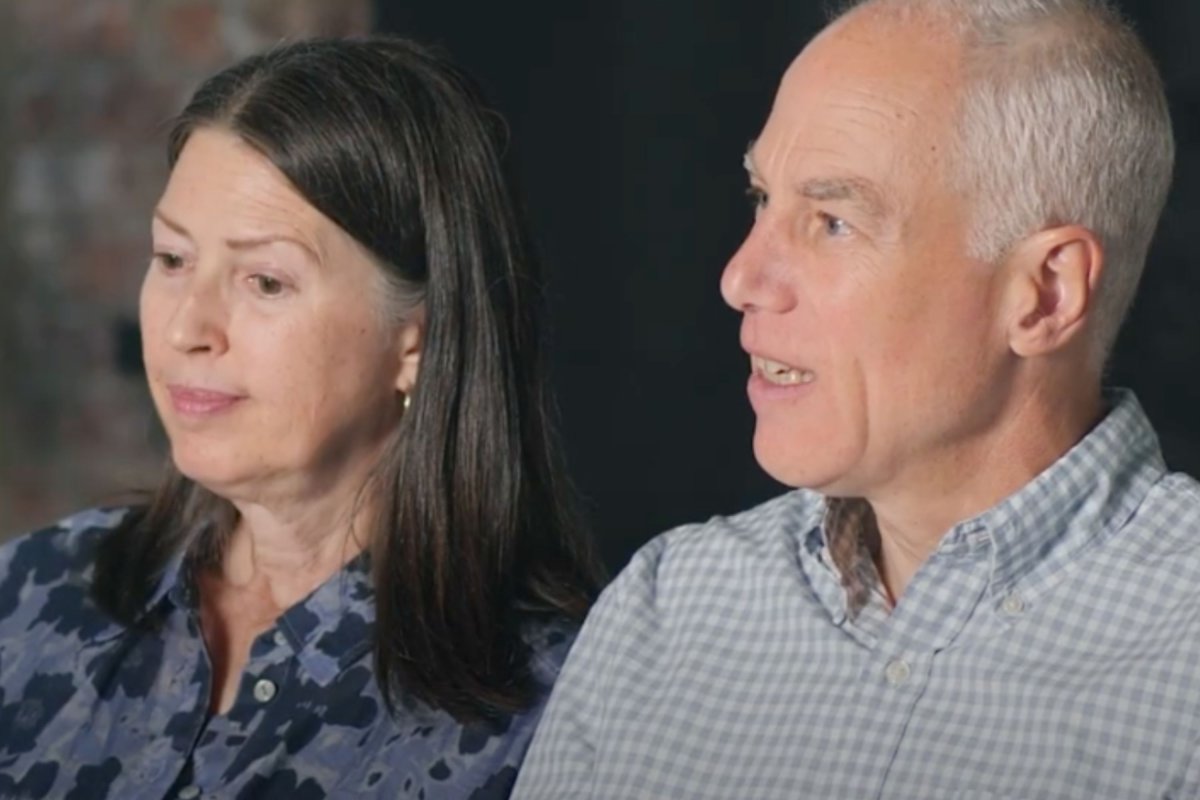A retired couple's $40,000 investment in an Indian farm tool business could have a massive effect on U.S. taxes, legal experts have said.
The Supreme Court is to decide this term in the case of Moore v. United States, in which trillions of dollars are at stake.
Charles and Kathleen Moore's investment to help "India's most impoverished regions" could be of enormous benefit to American billionaires and Wall Street security dealers, tax experts told Newsweek.
One Harvard professor said there was a "quadrillion-dollar question" at the center of the case because it could have an enormous effect on the American tax system. A quadrillion is a thousand trillion.

If the Moores lose, it could open the doors to a wealth tax, in which passive wealth is taxed, despite producing no income—something the Biden administration proposed for billionaires in 2022.
The case is important because it will define the meaning of income—whether it is money that arrives in a person's bank account or whether it's money tied up in assets that are rising in value but which a person has yet to sell. That could have an effect on everything from investments in foreign companies to the trillions of dollars tied up in Wall Street securities.
Even if the court limits the scope of its decision to the specific tax in the case, known as the mandatory repatriation tax, a victory for the Moores could cost the federal government $340 billion over the next decade, according to a Justice Department court filing.
In a petition to the Supreme Court filed in August, lawyers for Charles and Kathleen Moore, say they are "a retired couple residing in Washington State, where Charles worked in software development.
"In the early 2000s, Charles's friend and former coworker, Ravindra 'Ravi' Kumar Agrawal, had the idea of starting a business to supply farmers in India's most impoverished regions with basic tools and equipment that were readily available in the United States, but not in India."
The petition says the Moores "were moved by Ravi's vision of empowering India's rural farmers to improve their livelihoods. They contributed $40,000 to help Ravi found KisanKraft Machine Tools Private Limited, an Indian corporation. In exchange, they received about 13 percent of KisanKraft's common shares. KisanKraft's rapid growth confirmed that Ravi had identified a genuine need. It was profitable almost from the start, and its revenues increased every year since its founding."
In a YouTube video, Charles Moore told the Competitive Enterprise Institute, which is backing their case, that they wanted "an emotional return" on their investment by helping Indian farmers.
In 2017, the Tax Cuts and Jobs Act (TCJA) created a one-time "deemed repatriation" on foreign investment, even if the money was still tied up in the investment and no profits were received. As a result, the Moores were hit with a tax bill of $14,729, despite receiving no income from their investment.
The Supreme Court will hear oral arguments in the case on December 5.
Anthony Venette, an accountant and financial advisor with DeJoy & Co. in New York, told Newsweek that if the Moores lose, it could lead the way to a wealth tax in America—a tax on wealthy people's money regardless of whether it is earning income or not.
"High Net Worth Americans should be watching closely because if the definition of income is expanded to include unrealized gains, then a wealth tax would fundamentally be constitutional. That would still require an ambitious Congress and President acting in tandem, but it would overcome the long-held theoretical hurdle to a wealth tax," he said.
Mitchell M. Gans, an expert on estate-and-gift tax and a law professor at Hofstra University in New York told Newsweek that some other taxes "could become vulnerable" if the Moores win their case.
Gans predicted that the Supreme Court's conservative majority "would be inclined to strike the tax" at the center of the Moore case. However, the huge implications of their decision may weigh on the judges, he believes.
"There are other tax regimes under current law that would be left vulnerable were the court to invalidate this tax. And I think that may result in some hesitation among those justices inclined to strike it. So, at the end of the day, I think it's a close call," he said.
He believes a Moore victory will lead to other tax challenges before the federal courts.
"For example, dealers in securities are, as a general rule, required to use a mark-to-market method for reporting income. Under this method, they are deemed to have sold their securities at the end of the year and must therefore pay a tax on the unrealized gain, even though no sale is made and the dealer continues to hold the investment."
"It's the million-dollar question, just with a few more zeros: the quadrillion-dollar question," Harvard University tax law professor Thomas Brennan told politics website The Hill.
Uncommon Knowledge
Newsweek is committed to challenging conventional wisdom and finding connections in the search for common ground.
Newsweek is committed to challenging conventional wisdom and finding connections in the search for common ground.
fairness meter
To Rate This Article
About the writer
Sean O'Driscoll is a Newsweek Senior Crime and Courts Reporter based in Ireland. His focus is reporting on U.S. law. ... Read more





